The following mailer, by a group called “Concerned Parents of Loudoun County,” apparently has showed up in some Loudoun County mailboxes this week. See below for comments by the Loudoun County School Board Vice Chair, Atoosa Reaser and also by Equality Loudoun, which writes:
“There are forces at work in Loudoun County who want our schools to be less diverse, less accepting and less inclusive. Thank you to the parents, students, teachers and LCPS staff who continue fight to make our schools a place where LGBTQ+ students feel welcome and loved.”
By the way, Tolerance.org is “a project of the Southern Poverty Law Center…founded in 1991 to prevent the growth of hate.” It “includes more than 500,000 educators who read our magazine, screen our films, visit our website, participate in Mix It Up at Lunch Day, use our curriculum or participate in our social media community.” Also worth noting:
“[Tolerance.org’s] materials have won two Oscars, an Emmy and scores of honors. The project has been named a ‘Friend of the UN,’ recognized by the Desmond Tutu Peace Foundation, and selected by President Clinton’s Initiative on Race as one of the nation’s ‘Promising Practices” to eradicate racism’.”
For more information on teachingtolerance.org, see the Southern Poverty Law Center’s page, and learn how you can help combat hate and intolerance in *your* community, including the type of hate and intolerance demonstrated by the “Concerned Parents of Loudoun County” mailer!
Teaching Tolerance provides free resources to educators—teachers, administrators, counselors and other practitioners—who work with children from kindergarten through high school. These resources include classroom lessons, webinars, grants, podcasts, policy guides and much more. Educators use our materials to supplement the curriculum, to inform their practices, and to create civil and inclusive school communities where children are respected, valued and welcome participants.
The program emphasizes anti-bias and social justice. The anti-bias approach encourages children and young people to challenge prejudice and learn how to be agents of change in their own lives. Our Social Justice Standards show how anti-bias education works through the four domains of identity, diversity, justice and action.
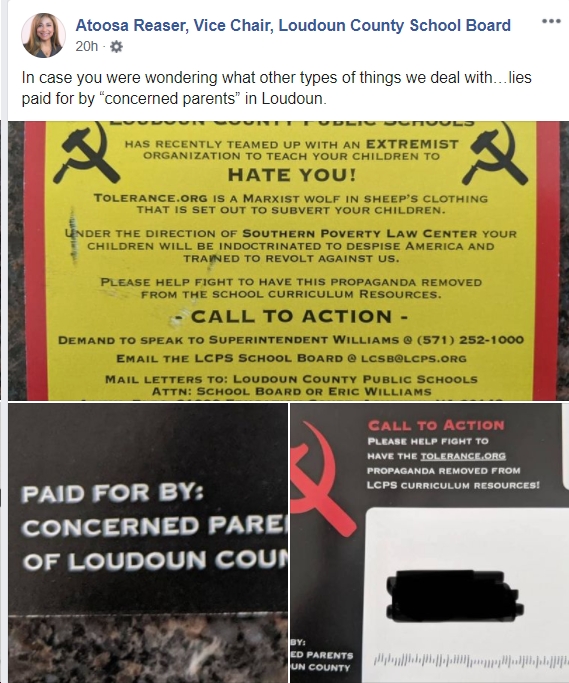
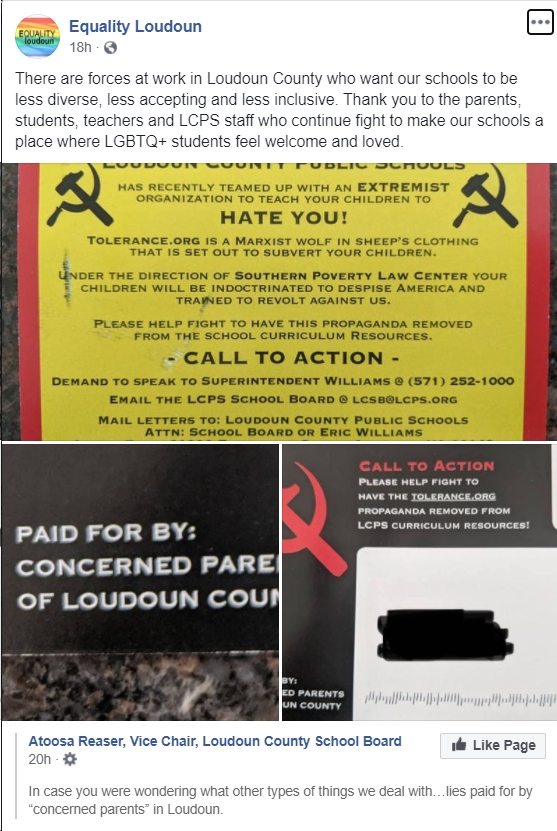
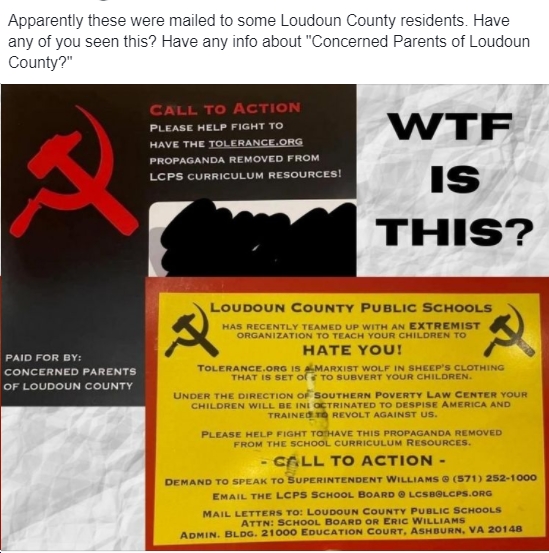
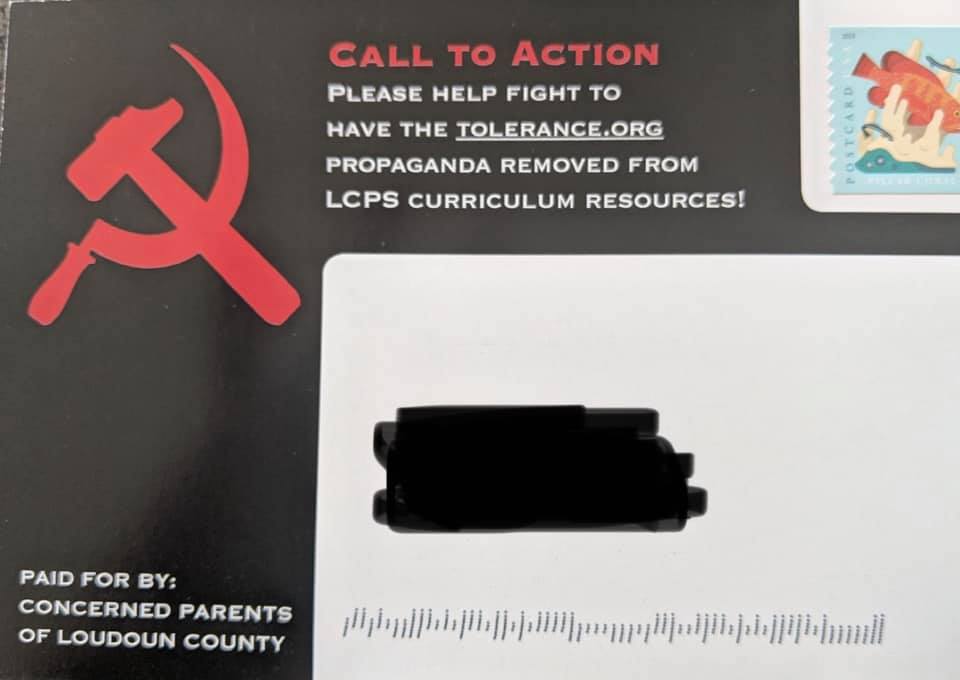
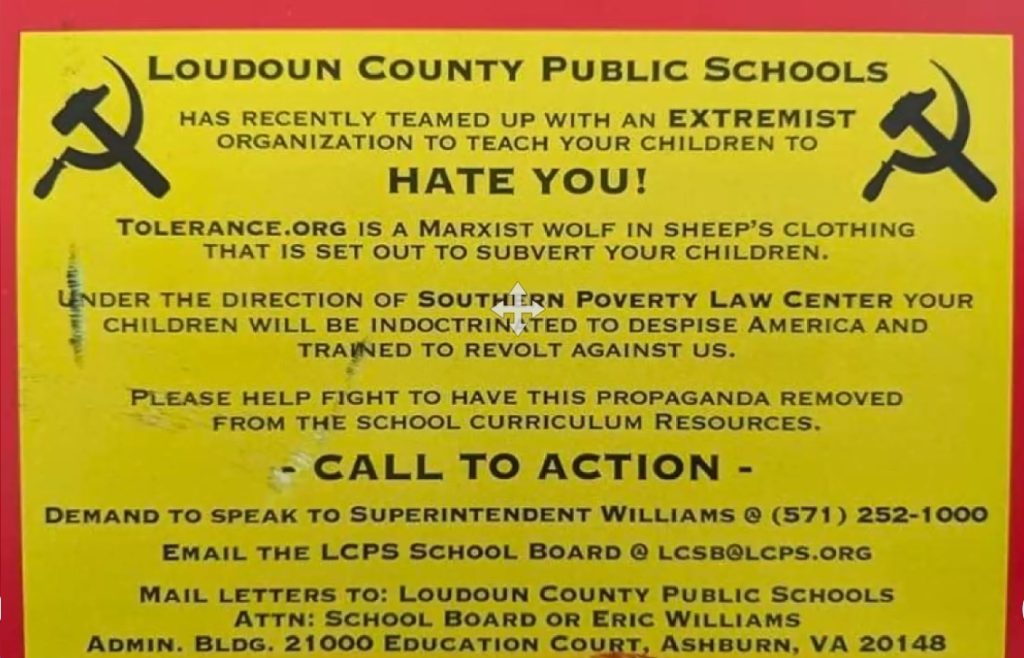

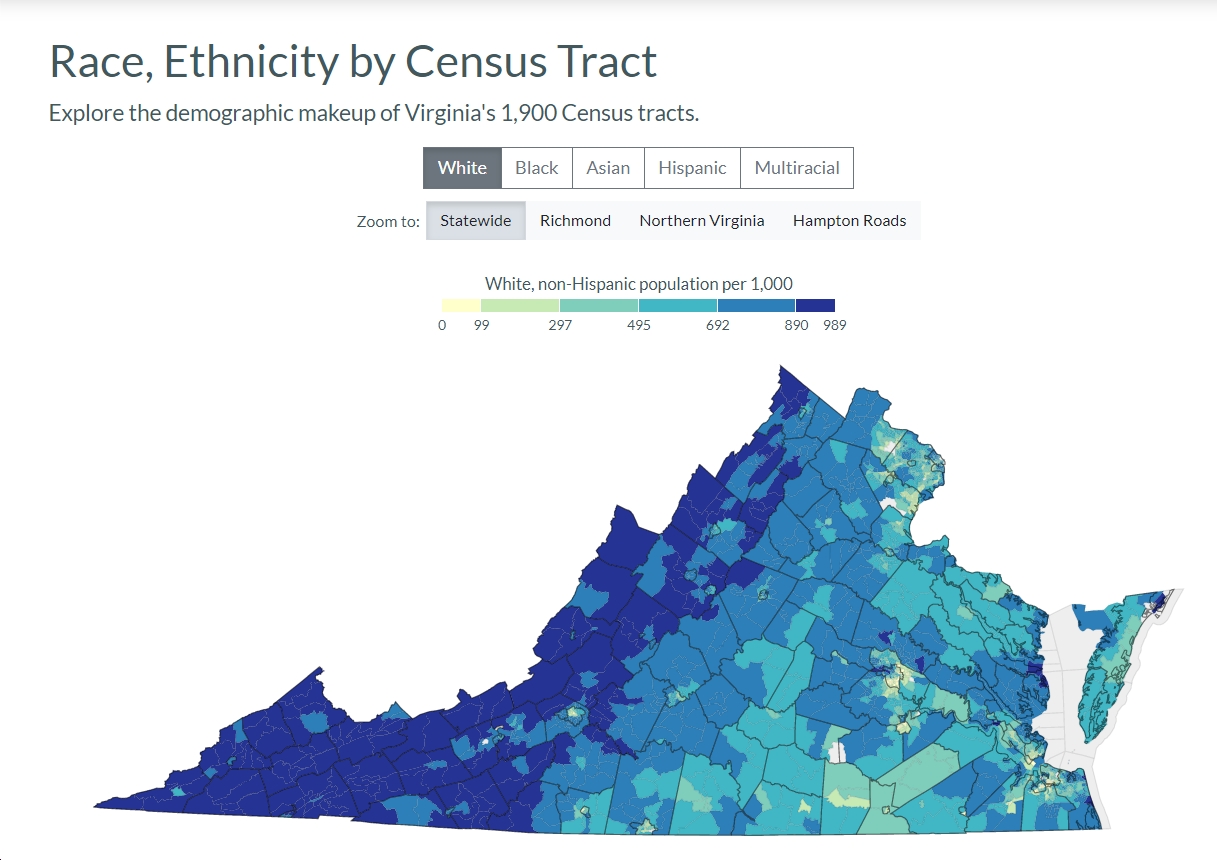

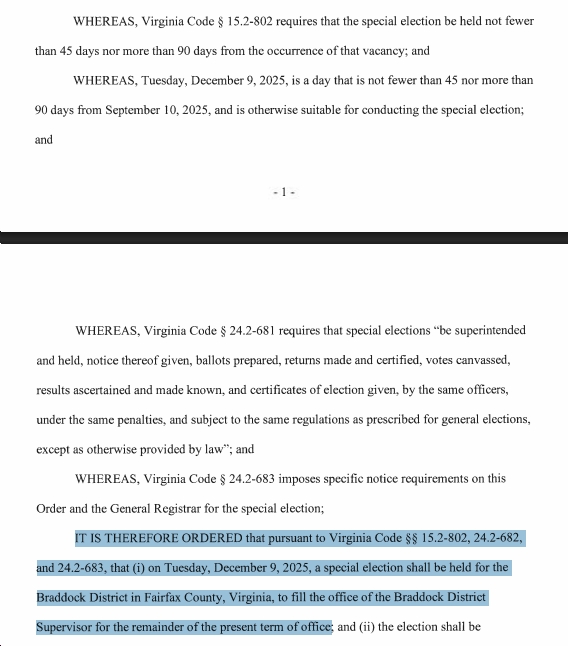
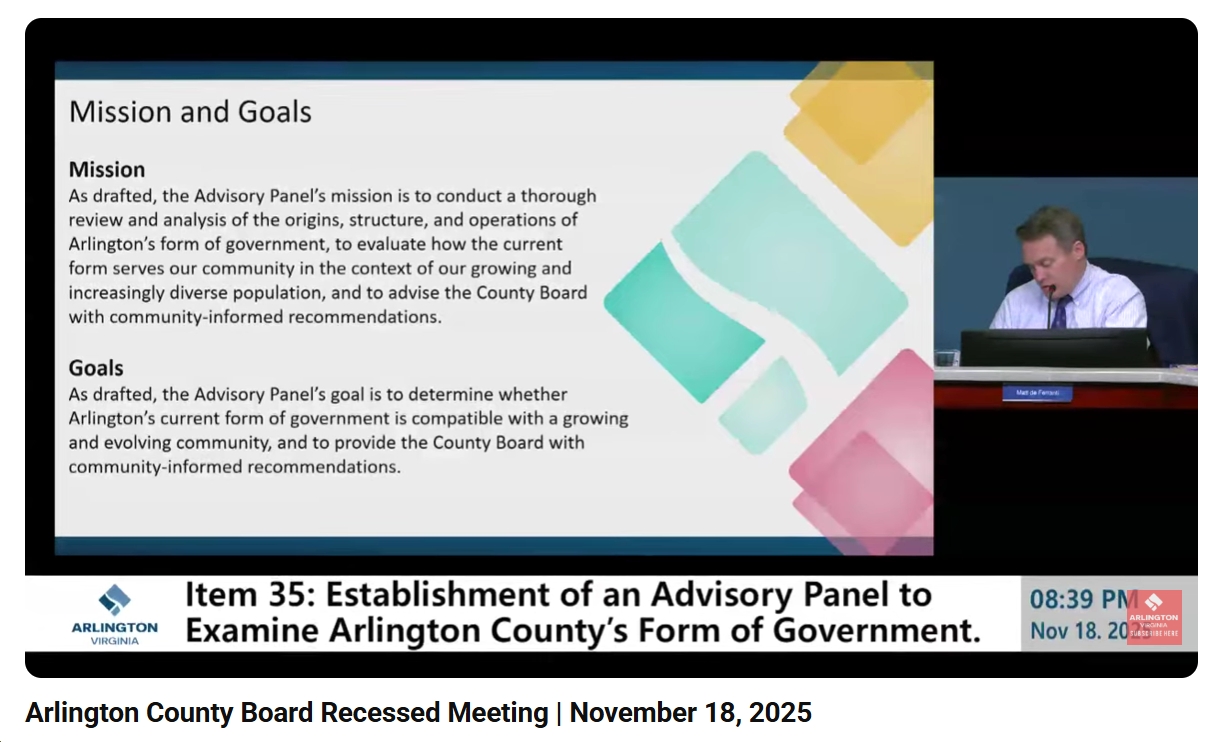
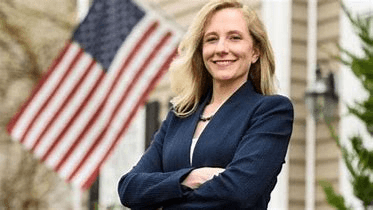
![Virginia NAACP: “This latest witch hunt [by the Trump administration] against [GMU] President Washington is a blatant attempt to intimidate those who champion diversity.”](https://bluevirginia.us/wp-content/uploads/2025/07/gmuwwashington.jpg)











